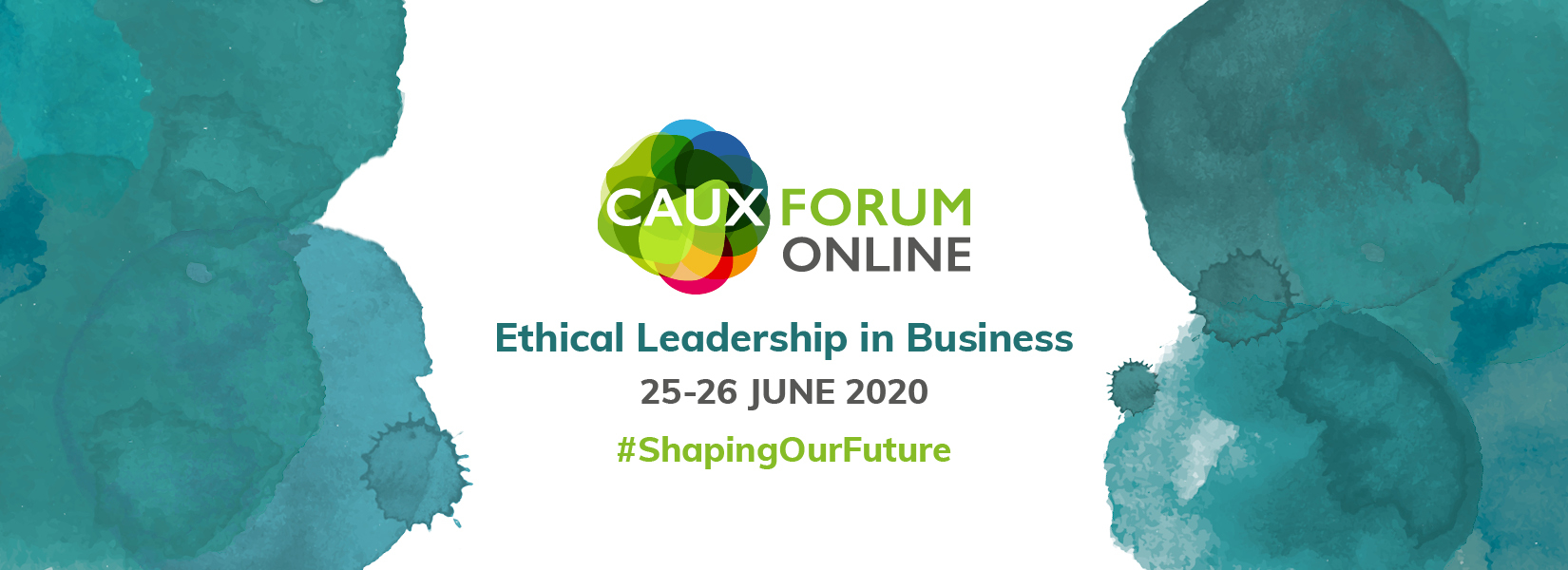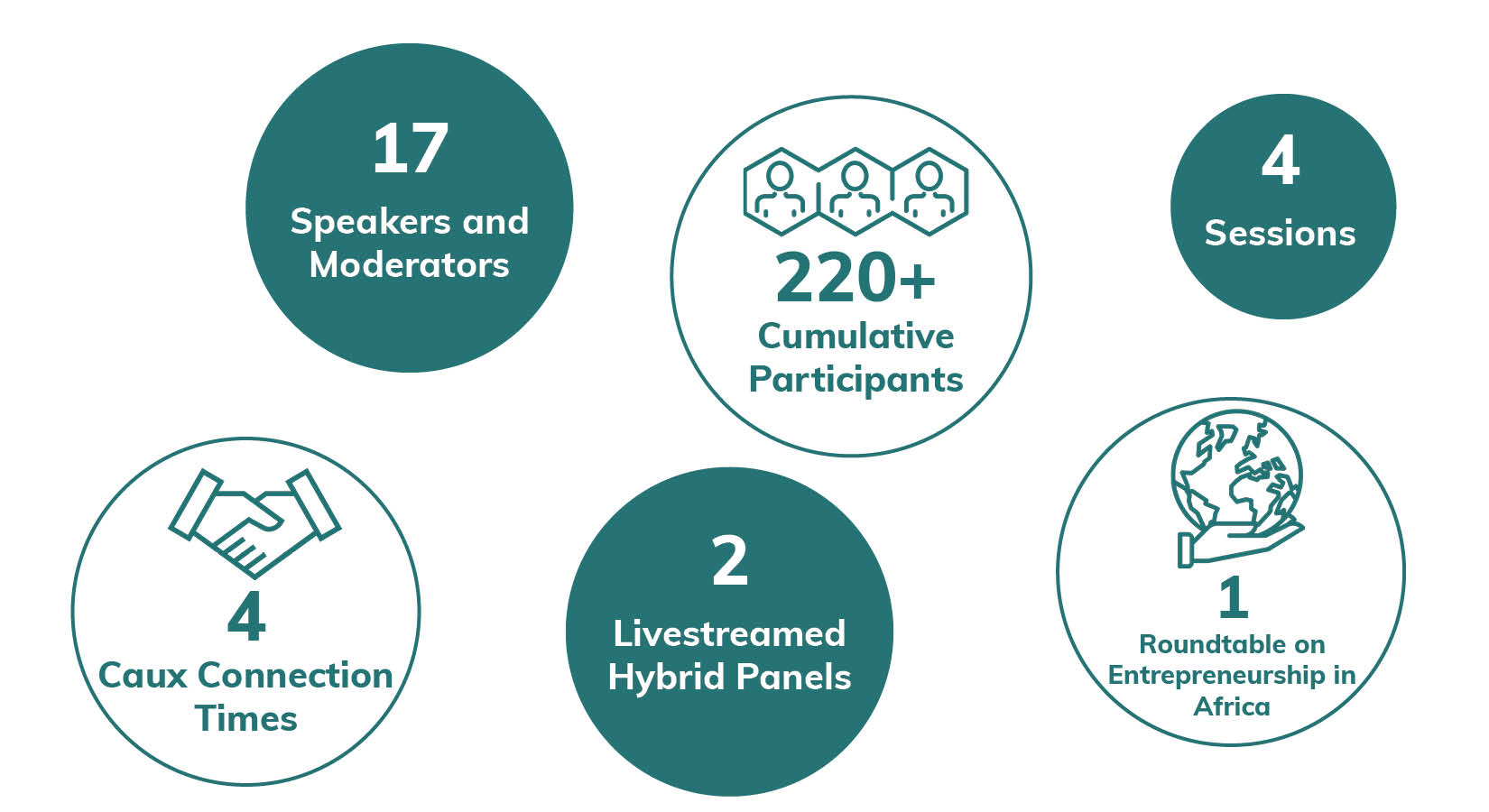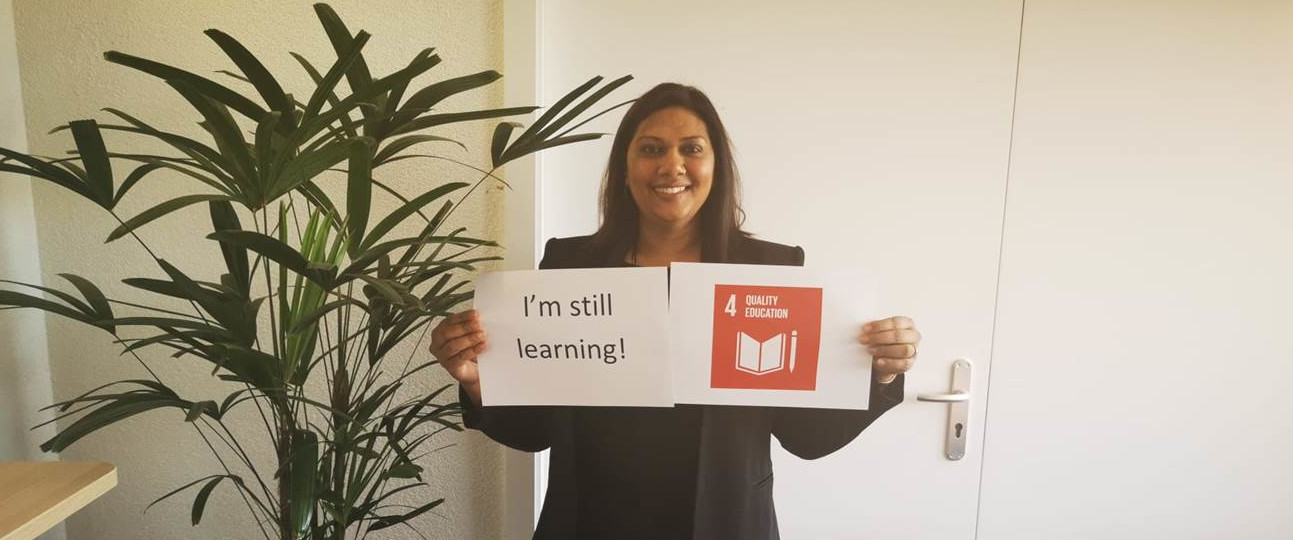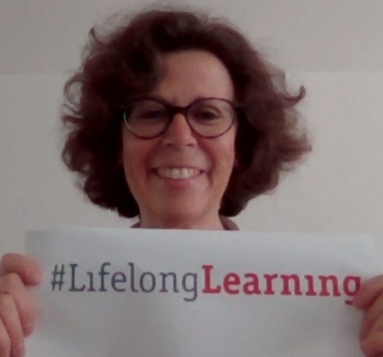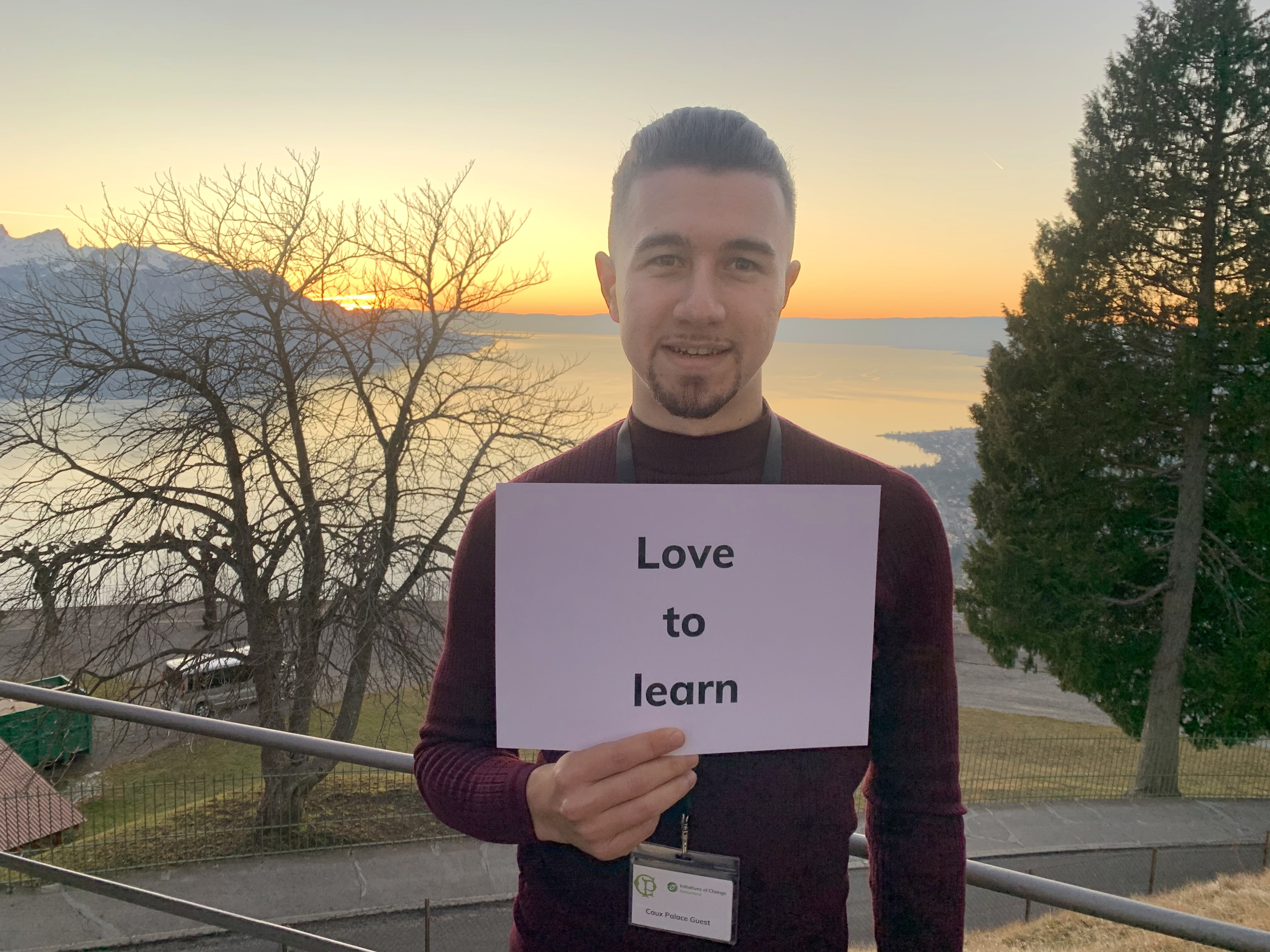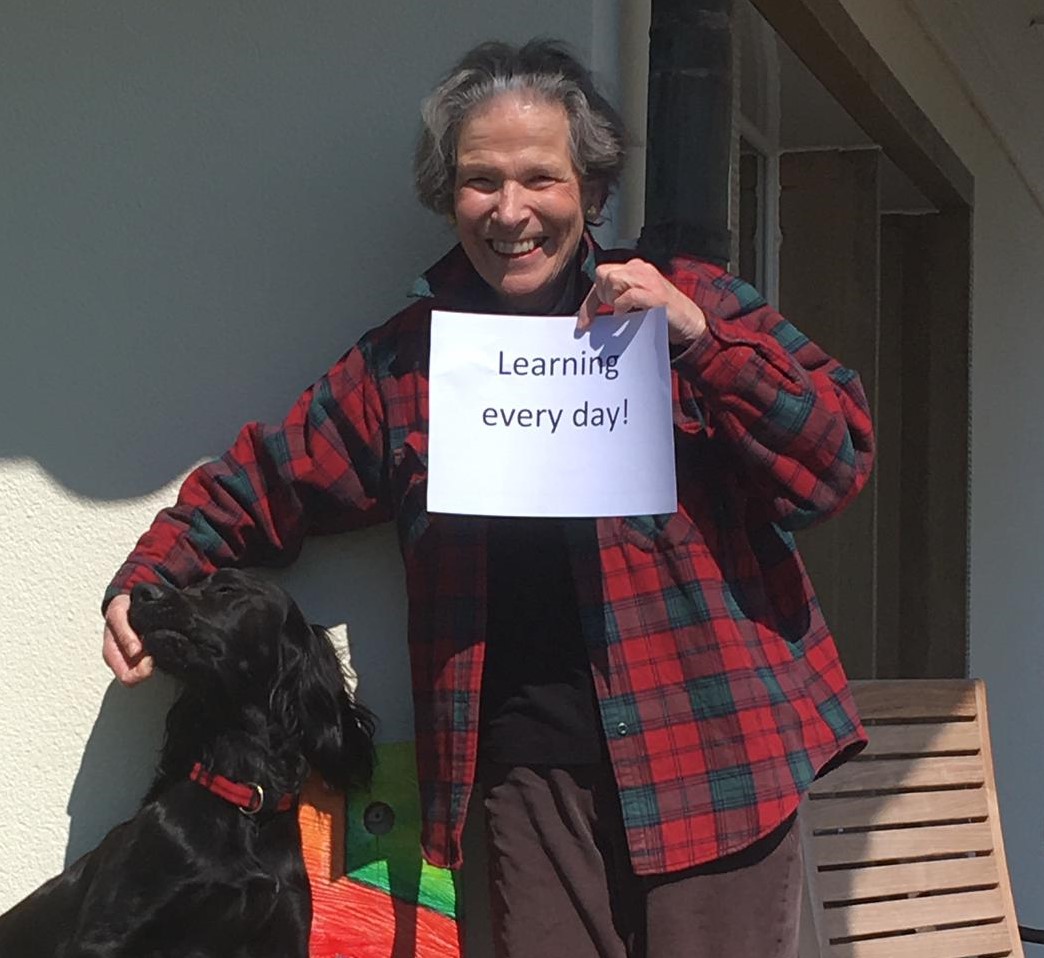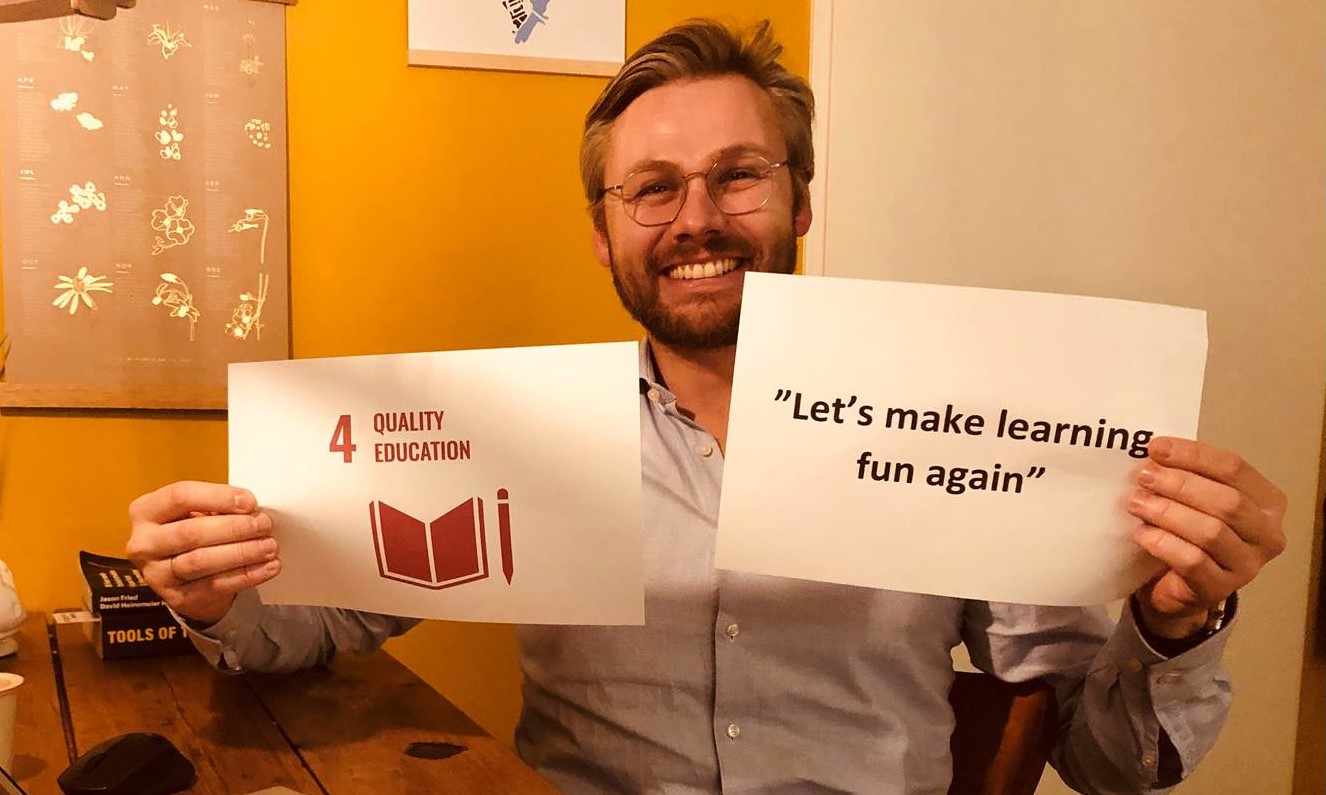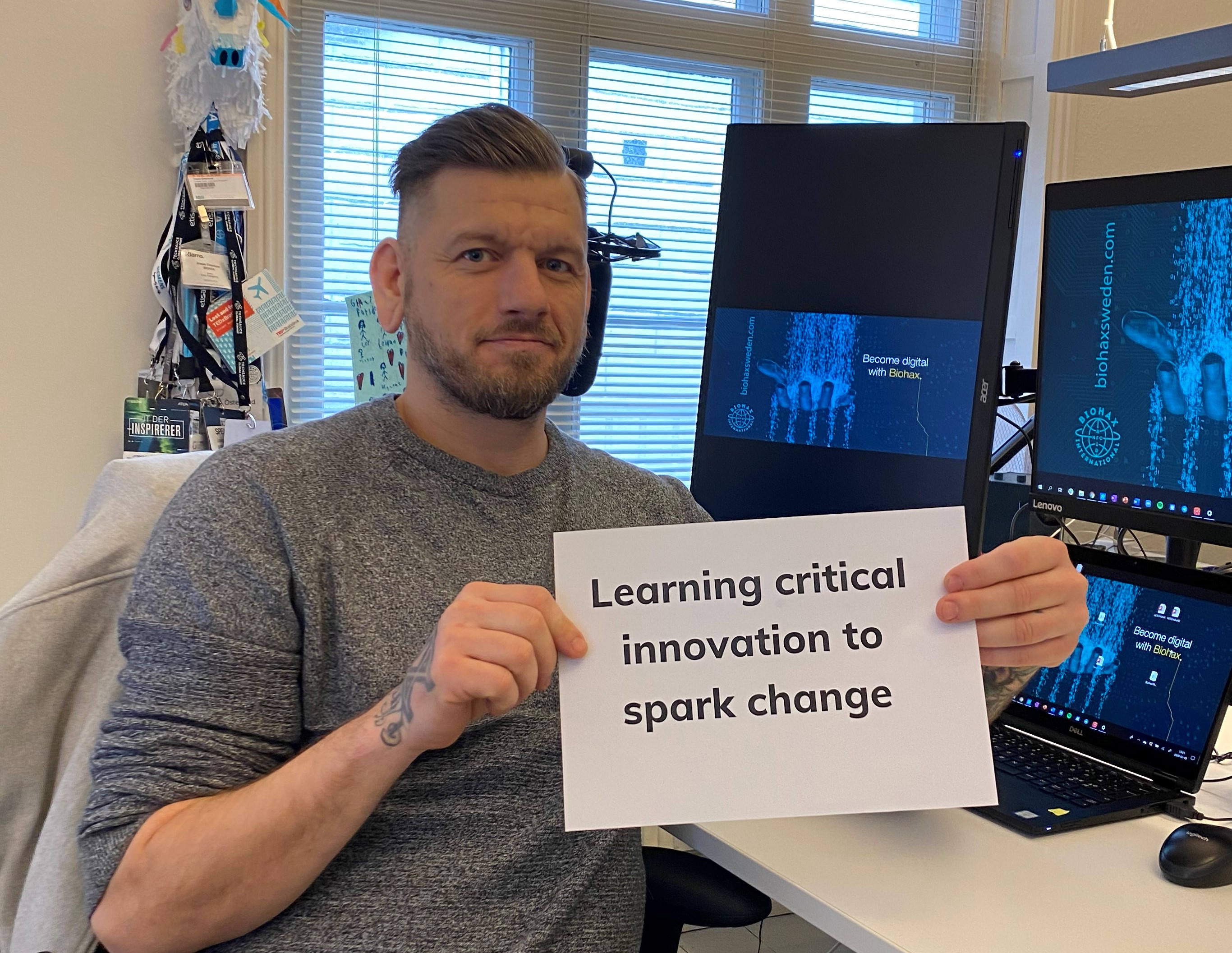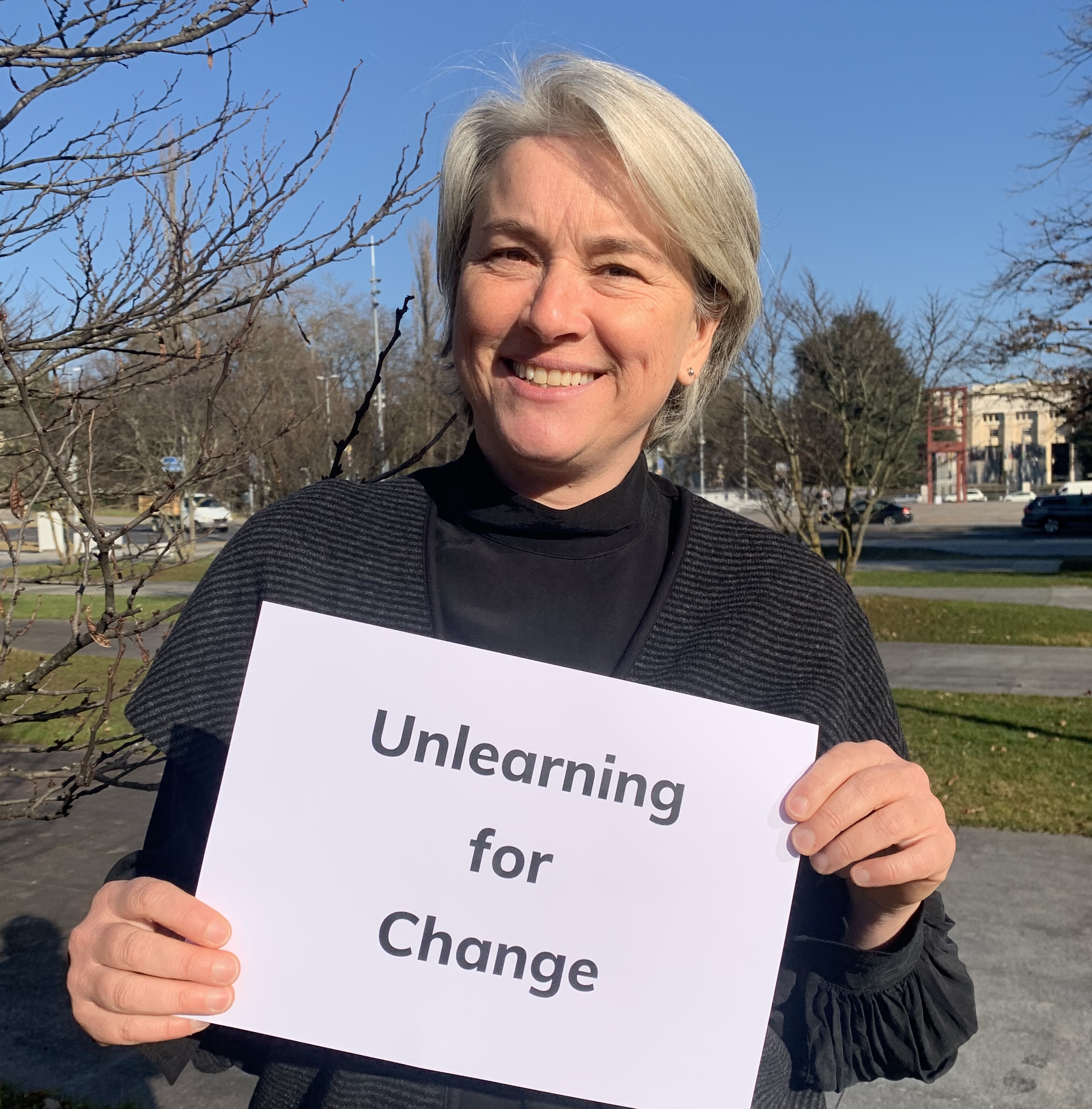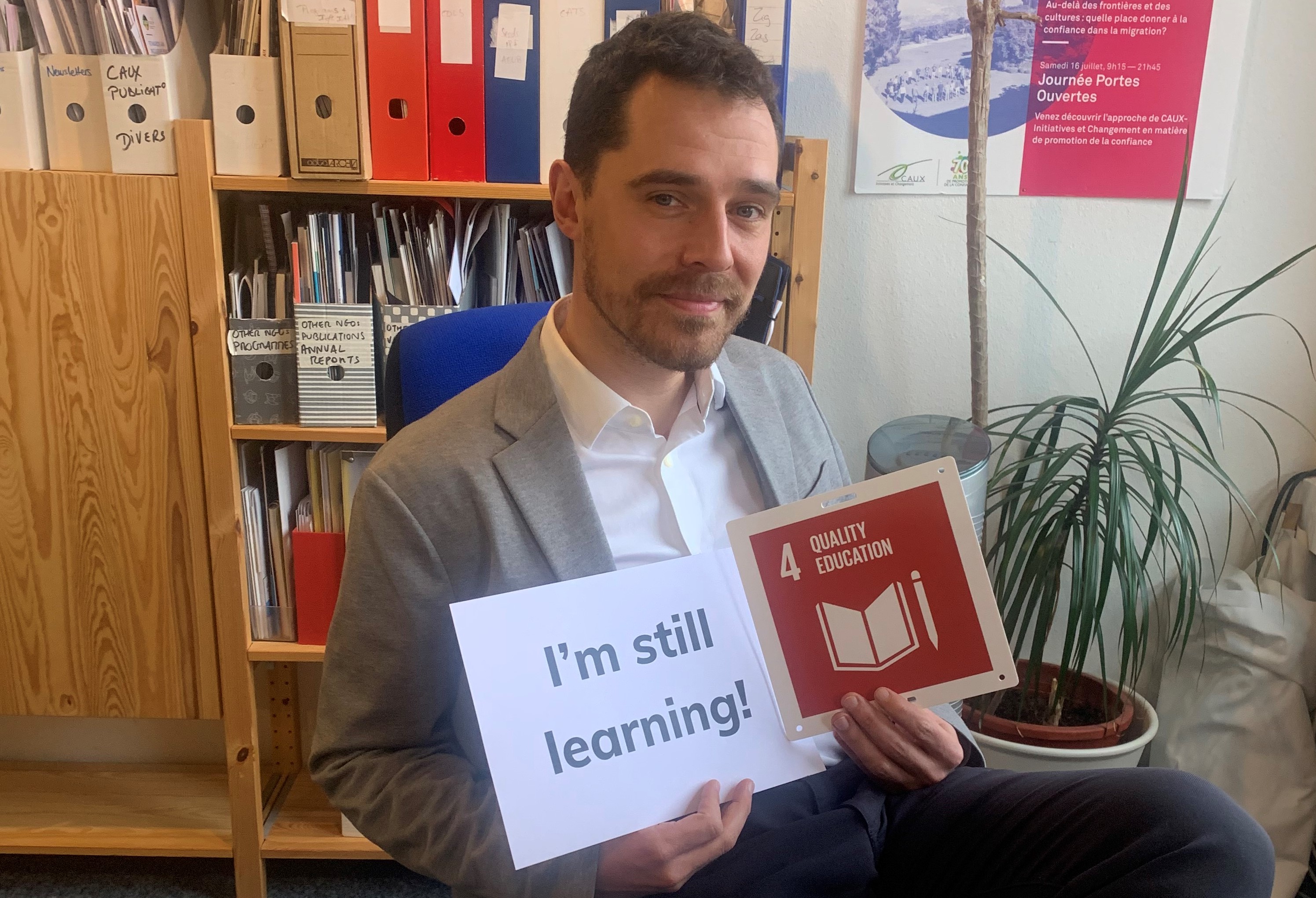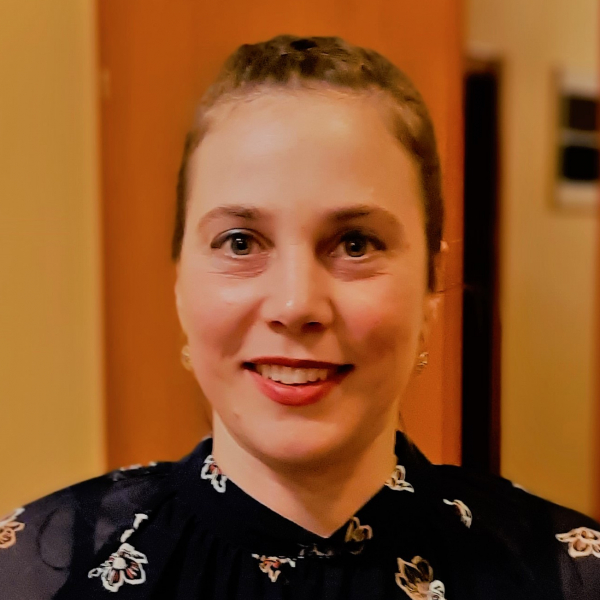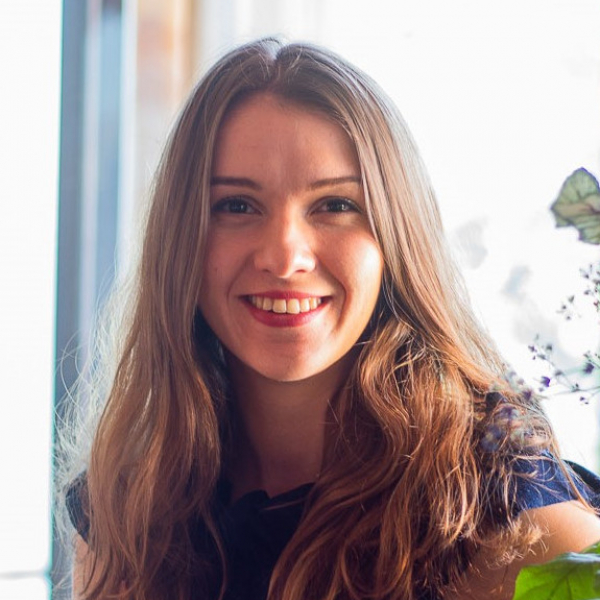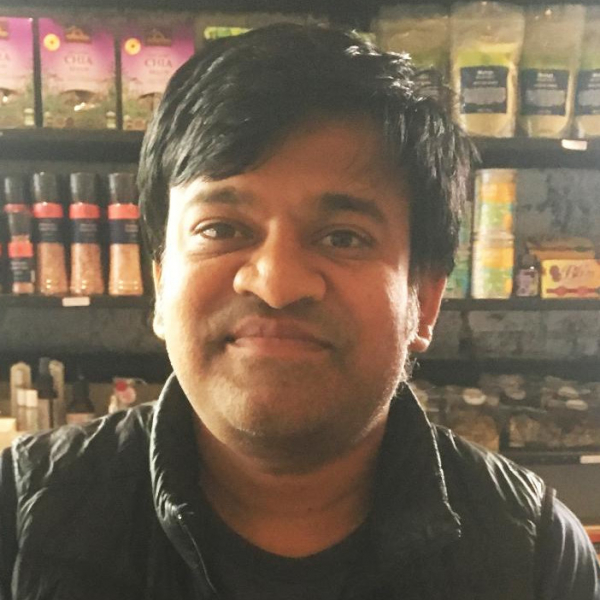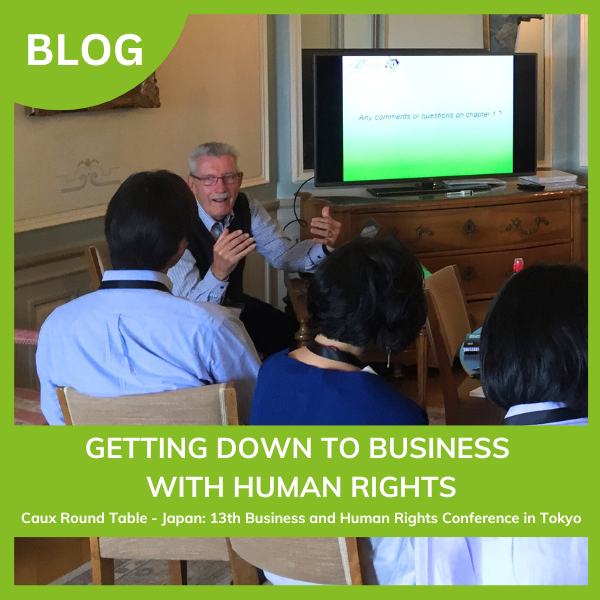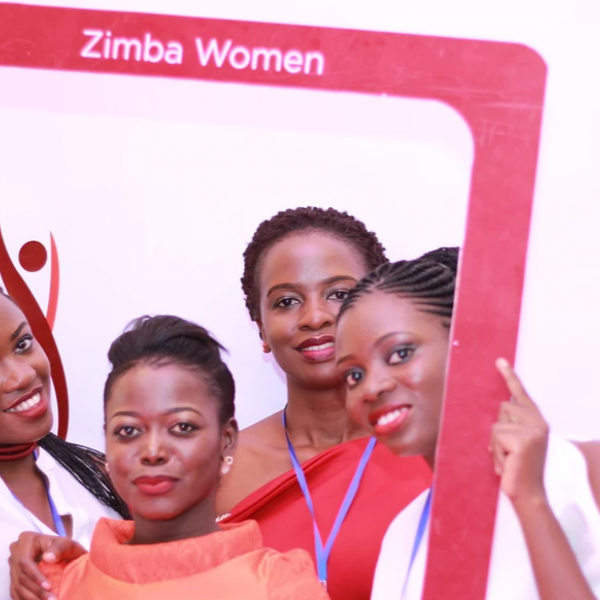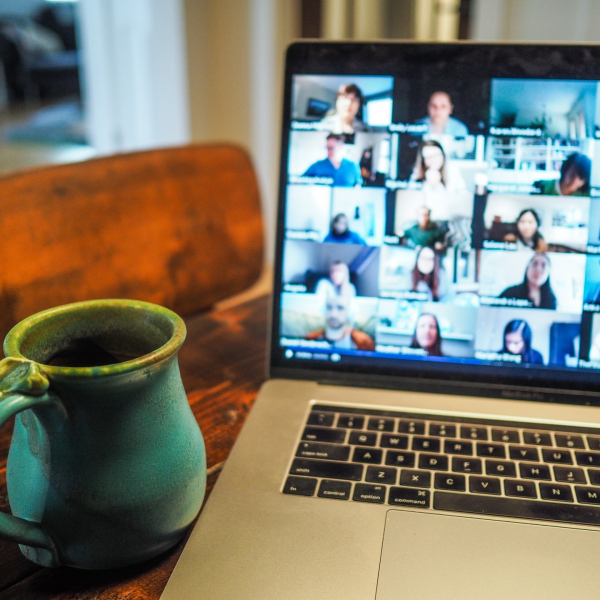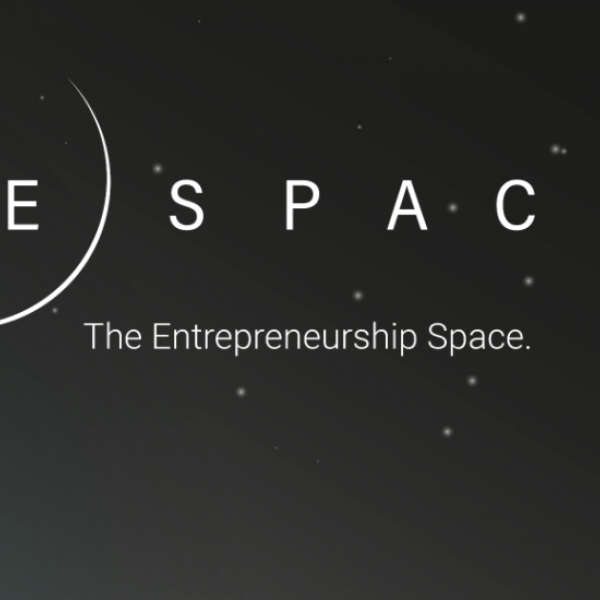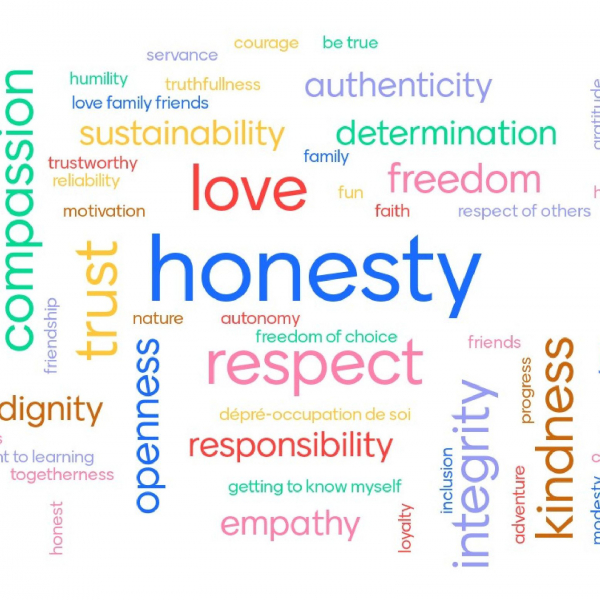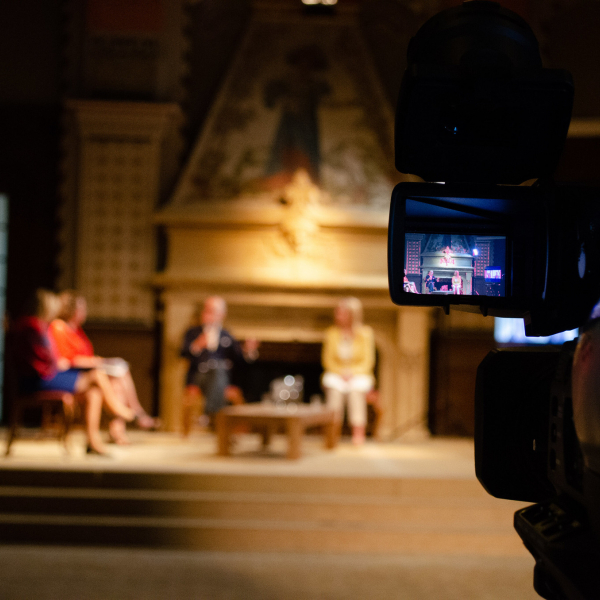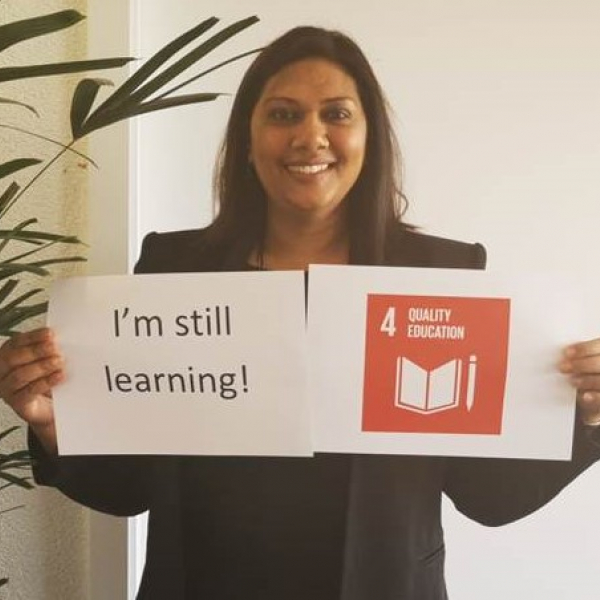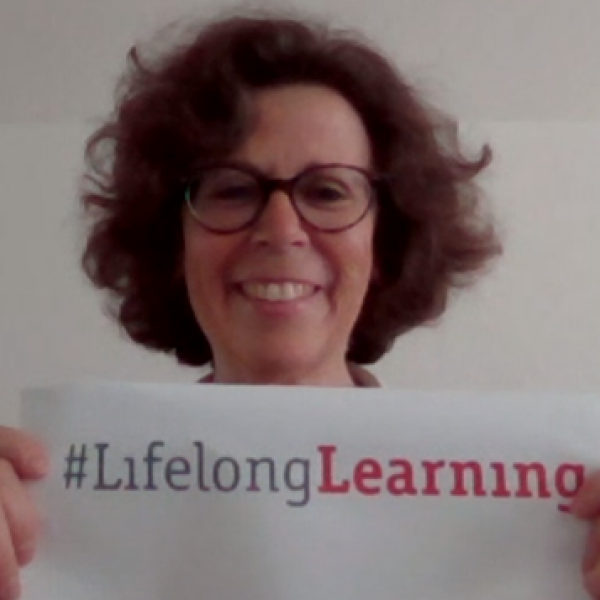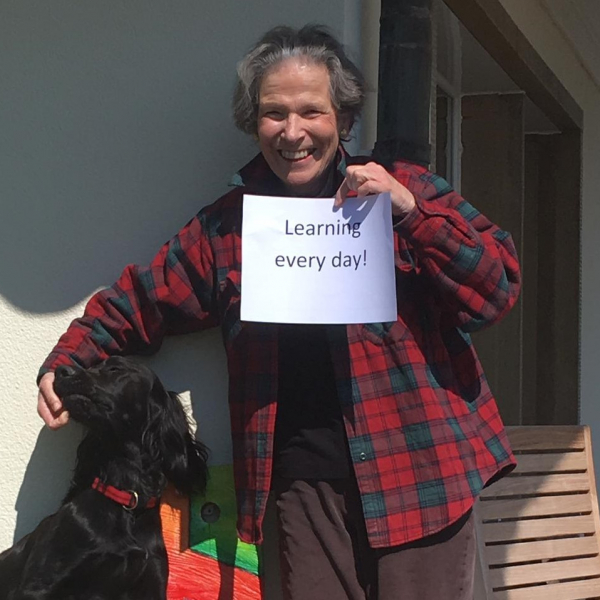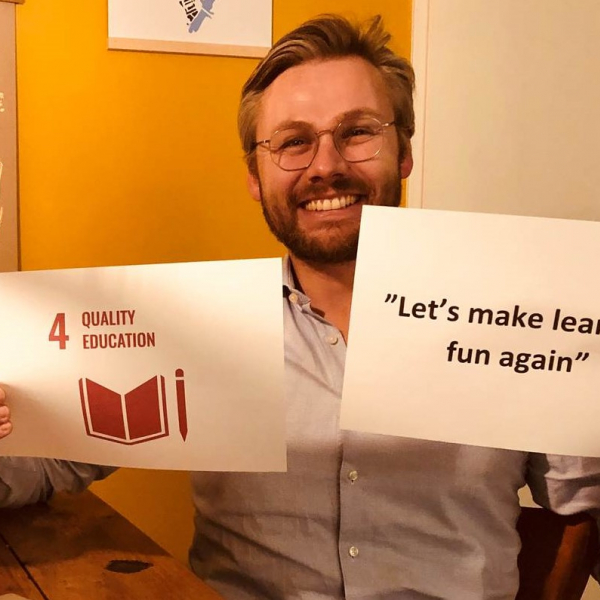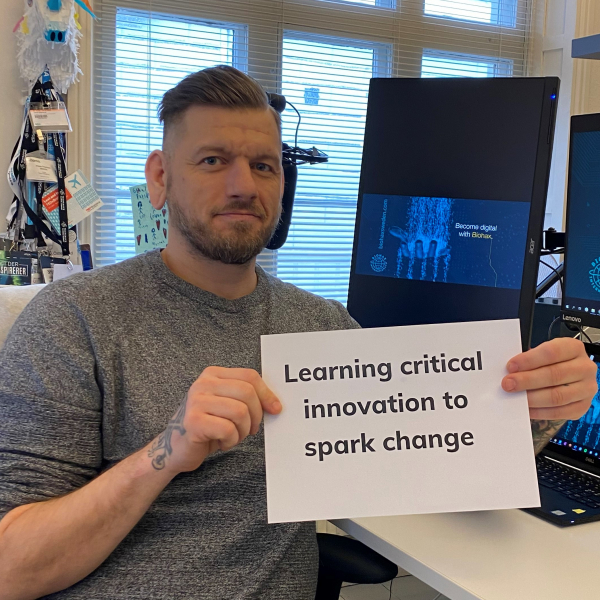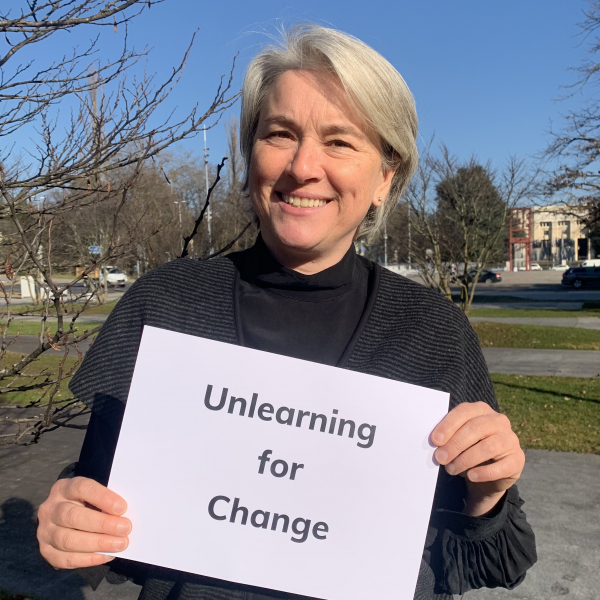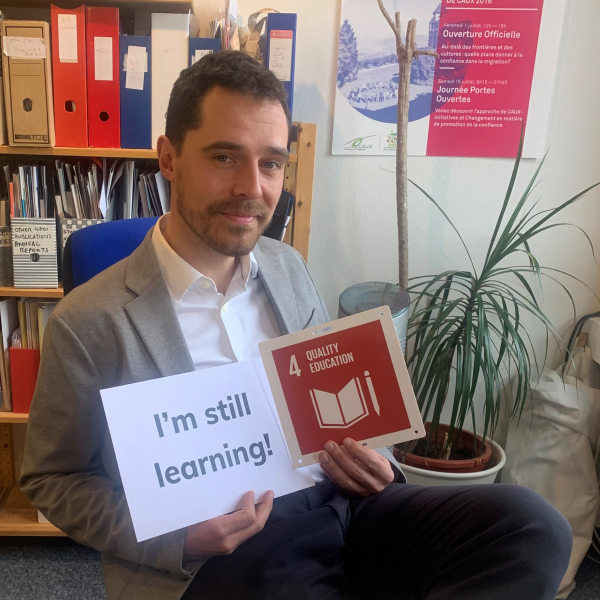Leadership for a resilient economy
The COVID-19 pandemic has revealed weaknesses and strengths in our socio-economic systems. It is causing a global recession and many people have lost their jobs or sources of revenue. As we rebuild our economy, let us make it as sustainable, inclusive and resilient as possible. The Ethical Leadership in Business conference explored how we can achieve this by looking at what we need to learn and how leaders can promote those values.
For its first online edition, the conference offered three panels and one workshop. Two of the online panels were livestreamed on Facebook and on our website. They had a hybrid form, with some speakers and moderators being filmed from the Great Hall of the Caux Palace, and others joining in via zoom and other platforms.
Before each session, participants had the chance to take part in Caux Connection Times, networking with other participants or getting to know the speakers better through short interviews.
What’s next?
The discussion will be continued through a monthly check-in with all the ELB community members to exchange on a global issue; bi-monthly Ethical Leadership Business Talks intended for business leaders; and quarterly Roundtables on Entrepreneurship.
Thank you!
We would like to thank all the sponsors and donors who have made this hybrid online experience possible. We are deeply grateful for your support!
Participants’ feedback
This was my first year to attend the Ethical Leadership in Business module at the Caux Forum. Congratulations on such an excellent programme. The three sessions I attended were superb!
Jeff Berger (United Kingdom)
I would like to say a big thank you for the Caux Connection Times during the Ethical Leadership Conference. I learnt a lot during the workshop on ‘Leadership in the Community’ and hope to put all I learned into great use.
Catherine Onaifo (Nigeria)
I just wanted to say thank you very much for the fantastic panel today on lifelong learning for a resilient economy! The topic and conversation was very interesting, from soft skills versus hard skills, to ‘online space being a safe space for failure’. I really enjoyed it and I loved the 30 seconds quiet time. Great idea! I had never seen it before.
Sep Riahi (New York)
Watch the panels
25 June 2020: Roundtable - Innovation and Entrepreneurship in Africa: challenges and opportunities
The Ethical Leadership Roundtable on ’Innovation and Entrepreneurship: building resilience in the economy and society’ facilitated exchange on small and big innovations and adaptations in such fields as health care, education, work, commerce, payment services, delivery and entertainment.
Speakers
- Dina el-Shenoufy, Chief Investment Officer (CIO), Flat6Labs
- Peace N. Kuteesa, Founder / Chief Operations Officer, Zimba Women
- Darlene Menzies, Chief Executive Officer (CEO), Finfind
Moderator:
- Angelica Kiboro, Acting Principal/Registrar, Strathmore Institute and Entrepreneurship Lecturer/ Kenya
25 June 2020: Livestream Panel: Lifelong learning for a resilient economy
Quality education and lifelong learning are key elements in building a resilient economy.
Speakers
- Danièle Castle, Digital Switzerland, Senior Director, Education & Talent
- Andrea Kuttner, Credit Suisse, Head Digital Learning
- Nazrene Mannie, GAN GLobal, Executive Director
- Ivan Primachenko, Prometheus, Co-Founder
-
Olga Strietska-Ilina, ILO, Team Leader, Skills Strategies for Future Labour Markets
-
Naureen Nayyar, Technology consultant at H&M Group
Moderation
- Annika Hartmann de Meuron, Managing Director Ethical Leadership for Business
26 June 2020: Livestream Panel: Leadership for a moral renewal in the economy
At a time of unprecedented crisis and uncertainty, business leaders are faced with conflicting challenges. They have to make prompt decisions, based on limited information, while anticipating future opportunities to increase business sustainability. They need to protect business performance – and to reassure employees and customers. All this requires empathy, compassion and trustbuilding.
Speakers
- Vivek Asrani, Kaymo Fastener Company, Managing Director
- Kristin Engvig, Global WIN&WIND Conference, Founder & CEO
- Brendan Kelly, Credit Suisse, Global Head of Leadership & Professional Development
- Isabella Phoenix, HP Global Channel Senior Manager and Co-Founder of Architects of Air
- Guillaume Taylor, Quadia, Founder
Moderation
- Sarah Schwab, The Experience Accelerator, CEO
26 June 2020: Leadership in the Community
What is my role in shaping our future? How can I take leadership for change in my community? What special role do companies and entrepreneurs have?
The Leadership in the Community workshop offered a place to explore how we can become the change we want to see in the world. As there are no pre-existing recipes, this workshop aimed to help each participant define their own way of engagement and leadership.
Leader
- Gabriele Segre, Director of the Vittorio Dan Segre Foundation, will guide you through a conversation and time of introspection in a safe space, where there will be no live streaming or social media sharing.
The UN’s fourth Sustainable Development Goal is about access to quality education and life-long learning – both essential to bringing positive change into the world.
We are living in times of constant, rapid and profound change, triggered by climate change and digital transformation. To find the right answers to new questions we need to learn more, and maybe differently. Curiosity, creativity and critical thinking are as important as maths, IT, languages skills, etc... We need to be innovative and ingenious to build a just, peaceful and sustainable world for us and our children.
Learning needs well-run education systems, but it comes from inside the human being. It’s fun, but sometimes it’s painful. In preparation for the upcoming Ethical Leadership in Business event in June 2020, we have invited diverse people from around the world to share stories of their learning journeys. These stories offer inspiring insights and invite us to reflect on our education and life-long learning.
Our interview series ‘My Learning Story’ by Annika Hartman de Meuron hopes to become a global learning experience, connecting people around the world as they share their stories of what we all do every day: learning to build a brighter future.
I'm still learning!
Nazrene, you are Executive Director of the Global Apprenticeship Network (GAN), a business-driven alliance with the overarching goal to enable work-based learning. Thank you for sharing your thoughts on education and learning... What is the impact of the COVID-19 pandemic on the apprenticeship system?
There is a clear impact on managing and delivering apprenticeships during the current COVID-19 crisis, however GAN Global is encouraged to see the number of solutions and innovations emerging to support apprentices and to continue learning using different formats. We have seen an increase in digital learning, remote learning practices, group and rotational learning as well schemes to protect contracts and stipends. This commitment to continued learning and development is a sign of the value and importance of apprenticeship training.
Apprenticeship is a traditional form to transition from school to work. Is this still a strong learning model in the 21st century?
Apprenticeships have a strong place in societies and communities as a pathway for skills acquisition and career development. While the nature of work will change in the foreseeable future, I firmly believe that there is still a place for the learning and teaching approach that apprenticeships offer, in particular the focus on work based learning, which is a key focus of GAN Global, as a viable solution for creating an adaptable and sustainable workforce that can respond to the 21st century world of work.
How can mature employees be encouraged to engage into work-based learning?
It is essential that all of the workforce, including more mature workers, are given the opportunity to improve their skills based through upskilling, reskilling and new skilling opportunities. An enabling environment that offers such an approach should be centered around work based learning in order to ensure that people have the opportunity to demonstrate their existing skills, knowledge and experience and then build on this base. The key to such an approach is creating a safe and trusted environment, where learning is encouraged and people are recognized for the learning undertaken.
In your opinion, what are the key opportunities to strengthen life-long learning and risks when it comes to online education and training?
Key opportunities that lifelong offers include widening of our knowledge bases, introduction and exposure to new ways of working and thinking, new and innovative approaches to work and the opportunity to grow a career, whether in the same field or the chance to engage in something new. By acknowledging the opportunities, we are then able to ensure that we can build and strengthen access to learning material, open access to courses such as the many MOOCs offered online, recognizing the learning that has been completed, ensuring that proper guidance, including career guidance, is offered to individuals who are interested in taking on new learning opportunities and creating environments where organisations are able to offer access to such learning and where individuals are also motivated to drive their personal learning experience.
While opportunities exist, there are also risks involved and these include access to infrastructure and technology, access to a safe learning space, individuals feeling self-motivated to learn (and not having learning forced on them), It is also important to ensure that skills that are acquired through such learning are recognized during the recruitment and on boarding process and that the learning must have value and currency when applied in practice.
In Switzerland, around 30% of businesses, especially SMEs, cannot find the right talent. Which role can SMEs play in developing the talents they need?
An important factor for GAN Global is working with SMEs to ensure that these organisations have the knowledge, experience and ability to offer training and development opportunities themselves. We are acutely aware that training and development is resource intensive and can often be bureaucratic- it is for this reason that the larger companies are more adept at offering structured T&D. As the GAN, we are working with our partners to create a training methodology that SMEs can apply within their smaller organisations, based on the good practice gleaned from larger companies. This approach will help manage the jobs and skills mismatches that are prevalent in many industries.
GAN is a global network, is work-based learning a concept that is applicable in every societal context?
Through the 15 national networks that GAN Global has, along with the many multinationals and international policy development partners that we work with, it is clear that WBL is seen as a viable methodology and approach to address the skills deficit across different countries, economies and industry sectors. It is an approach that has universal applicability and can be tailored to different contexts and needs.
What do you learn to maintain your employability?
I am constantly reading and engaging with industry leaders, academics and social partners in this space. Lifelong learning is an approach that I firmly believe in and it is one that has helped me continue to maintain by knowledge and understanding in a space that is changing at a very regular pace.
What would you recommend to those struggling to restart learning?
I would suggest starting small by reading at least an article or 2 a day, connecting with individuals in the relevant sector that they are involved and engaging with colleagues on platforms such as LinkedIn and Twitter in order to see what the latest developments and updates are in their respective areas of interest.
What do you want to learn but you haven’t dared yet?
I would like to learn a new skill in the technology space, particularly understanding blockchain better. At the moment, it seems complicated to understand but I need to take my own advice and approach the learning in small chunks and build my knowledge base.
Where does your inner motivation for learning come from?
I have an intrinsic desire to constantly read and learn, since childhood. I am always fascinated by new developments and having worked in many different sectors from banking to manufacturing engineering and it has always been important to keep pace with new innovations and good practice. A key motivation is also wanting to be a good example to those around me- as GAN Global, we constantly encourage our partners to engage and drive work-based learning and it is as important that we must keep pace with the changes ourselves.
What changed for you thanks to what you learned?
I have been able to become a trusted partner to networks, companies and partners in my role as ED at GAN Global and in roles prior to this. I would not have been able to do this if I was not able to demonstrate my own knowledge and understanding of the subject matter that we promote.
Who is your best teacher?
My best teacher has been an approach in life where I have welcomed mentorship, guidance and advice from those around me. I have supplemented this with academic knowledge but some of the best lessons have come from peer to peer engagement, where I have been able to learn from my colleagues and peers.
What did life teach you?
I have learnt that nothing is permanent, life and the world is in a constant state of change and the key to coping and succeeding is being able to constantly learn and improve myself to ensure that I am adaptable and flexible to respond meaningfully to all of life’s experience.
#LifelongLearning
What does lifelong learning look like in practice? How do you organize your #LifelongLearning journey?
Lifelong learning is about formal and informal learning at whatever age. It is about knowledge and skills and the acquisition of both throughout one’s lifetime. I organize my journey according to intrinsic motivation (what I love to learn and do) and extrinsic (what I need for my work or for future projects).
Our current world is being profoundly affected by the global COVID-19 pandemic. What has the pandemic taught you about yourself so far?
I have learned that I have been well-trained in distance working and in being able to move across tools with more or less ease. I have also learned that is it important to have inner resources to cope with social distancing and self-starting work. These are things that I have learned over the years…
What did you have to learn “over-night” to adapt to the situation created by the pandemic?
To use new digital tools that are relevant to the situation today. I am impressed by the range of creativity deployed by individuals and companies to deal with the situation.
The digitalization of workplaces and homes has been rolled out within 24 hours. What did Swiss businesses need to learn urgently?
Large businesses have been digitalized for a while. The SMEs in Switzerland, which form the backbone of the economy, were by far not digitalized enough. So for example, small shops that did not have a website to order goods from, or did not have a central email for orders, found themselves scrambling to develop a website or fid systems to provide order fulfilment. In the training field, the umbrella federation of adult trainers organized a few seminars online to help adult trainers switch to online training and these were simply oversubscribed and had to be run many more times than anticipated. Swiss businesses now understand that the world has changed and with the challenges ahead will have to adapt to digitalization much faster than anticipated.
What does the digital divide in Switzerland look like? Have you heard of spontaneous initiatives to bridge this divide?
According to Swiss sociologist Luc Vodoz, there are three levels of digital divide. To simplify, the first is access, being able to switch on and off a machine. The second is carrying out simple tasks such as writing an email, surfing the web. The last is advanced use, i.e. the ability to find and interpret information correctly, to work across apps and programmes by applying principles etc. The digital divide affects people all over the world, including Switzerland. Take for example the elderly, who grew up without all this technology. Can they e-bank? Can they e-vote? Many cannot. Swisscom and Pro Senectute are running courses for these populations. Google runs courses for all ages, on privacy, security and such thematics. In schools there is a lot of work being done on fake news and identifying reliable sources of information.
Working effectively from home not only demands digital skills but also the capacity to regulate one’s emotions, to set priorities and to self-motivate. Have you come across any best practices of businesses supporting their employees in becoming better remote workers?
digitalswitzerland’s CEO is currently compiling a series on best practices, which should begin soon. Within our group we have used the time to organize cross-sectional brainstorming sessions, have online coffees, rethink some activities and many companies are doing the same.
What do you think are the major barriers to lifelong learning here in Switzerland?
That is a big question! For some it is time, for some money, for some it is not knowing what to focus on in the light of a career path, for some it is the need for certification…. The barriers are many and varied. However, digitalswitzerland has set up a Boost programme, supported by the Hirschmann Foundation, to help people access online education and encourage them to use this strange time to perhaps think of following some courses.
In your opinion, how will the concept of lifelong learning evolve due to the COVID-19 pandemic experience?
I truly hope it will, as the economic prognosis looks grim. People will need to upskill, reskill and perhaps requalify and for that lifelong learning is essential.
How does digitalswitzerland support businesses to improve lifelong learning?
digitalswitzerland is an association and has as members large corporations, SMEs, NGOs, academia and cantons. We have launched a national campaign to raise awareness and with the SAV/UPS asked our and their members to sign a pledge committing to devote resources to lifelong learning. We also have a Boost programme currently running to help companies upskill employees. We continue to work on awareness and will also be carrying out a study later this year with several partners to identify what the barriers to lifelong learning are for SMEs in Switzerland.
How do you learn all life long?
The basis is to learn how to learn. This must be practiced in early years, at school and university.
What do you want to learn but haven’t yet dared to?
Medicine – my science and maths were never good enough!
What has life taught you so far?
That is a vast question that may take many hours to answer! I guess that the most important is to value family and friends, be resilient, keep learning….
Who is your best teacher
My best teachers are my children, sisters, friends and colleagues.
Is there anything you’ve had to unlearn?
Yes lots. Business has changed and therefore so has management. The upcoming generations seek more value-based work, more equal treatment and more work/life balance as a vast generalization.
What lessons have you learnt from failure?
Not to repeat the same mistakes.
What will you do first when confinement is over?
Go for a long mountain hike!
Mulham, you are a student of computer programming at Ecole 42 in Lyon. This university works differently because you all learn from each other. What is its strength?
Studying at Ecole 42 is very rewarding, because you are not only in the role of recipient but also of giver. So we are not empty vessels to be filled, but can share our experience from the first day. It makes you feel competent, positive and useful. Once you are able to explain something, this shows that you have understood the material.
In addition, the people at this university are very passionate and open. There are only a few individualists. We know each other well, and this creates a good group and work cohesion.
What intrigues me is that you learn like in a video game, except that you yourself are the avatar?
Yes, the structure looks like a video game. You start at level zero and the goal is to reach level 21 (half of 42). Each level is more and more difficult to attain. Your level is visible to all the students enrolled in Ecole 42, whether here in France or around the world. This is motivating.
Where does your inner motivation to learn come from?
When something makes sense to me, then I want to learn it. I want to know how to develop computer tools that can improve the conditions of human life. For example, developing a website for an association makes sense to me.
What are the key competencies for the 21st century?
- Listening to oneself and others
- Encouraging others to do what they love
- Being aware of one's actions
What have you learned from the COVID 19 pandemic experience?
It has given me a lot of perspective. It's an opportunity to understand the economic mechanisms in our societies and what depends on them, to identify weaknesses in our response and potentially offer solutions. This helps me to occupy my mind in these uncertain times.
Who has taught you the most ?
My former employer, who I also consider to be my mentor, because she gave me a lot of self-confidence. Thanks to her, I decided to learn. She explained to me why it's important to learn and to have technical expertise.
What have you learnt from the times you have failed ?
The best lesson I've learned from failure is that it's just one step. It’s not one of two end products: fail or succeed. For example, as a developer, 90 per cent of my time I'm failing. The other 10 per cent I'm just happy to be able to try my programme.
What has life taught you?
Whatever the project, you have to go for it and the safety net will come. You have to trust each other. For example, I didn't know how to skate. One day I was alone in front of an ice rink in a public square. So I tried it. For the past year I've been skating three times a week and I've become pretty good.
You have twice taken part in the Caux Peace and Leadership (CPLP) programme. What did you learn?
I learned to take an interest in others. You meet people with very different challenges. Through their stories, you want to get involved in global issues: peace, the fourth industrial revolution, the environment, and so on.
Learning every day!
Christine, you chose the sentence: I am learning every day! What have you learnt so far from the current corona virus epidemic?
I am learning what a lot of us are being forced to learn: how to live with an empty agenda and to relate with my family, friends and professional contacts without meeting them. This has shown me what I always knew: that I like (most) people. I am looking forward to the time when we can meet again face to face.
We are very honoured to have you as the President of the Council of the Initiatives of Change Foundation. What unexpected things have you learnt in this role?
I did not expect the international network to be as big and strong as it seems to be. It is impressive to see that so many people around the world are building on the same values and are promoting ethical leadership in business, for instance.
What was the one key thing that you learnt during your time as a member of a law firm?
That the rule of law and an independent judiciary is as important for the wellbeing and development of a country as democracy is.
Politics is said to be a ‘hard school’: what was the hardest lesson you learnt when you were in Parliament in Switzerland?
This may not be the most difficult lesson, but it was an interesting one: the politicians whom you hear and see most in the media are not the ones who work hardest for the wellbeing of the country.
What was your best learning experience as a Vice-President of the International Committee of the Red Cross?
People in very difficult, even seemingly hopeless, war situations are not mere ‘victims’. They are extremely strong personalities who just want the space and the opportunity to look after their families.
You were also a teacher; in what ways should the Swiss educational system be changed to respond to the opportunities and challenges of the 21st century?
The present crisis and the shutdown of schools is pushing the Swiss school system towards much more digitalization. This will have a lasting positive effect.
Because of demographic changes and technological innovation, 33 per cent of Swiss employers are finding it difficult to recruit. How can we speed-up life-long learning and reskilling in Switzerland?
I think people’s attitudes have changed very much in recent years. Everybody knows that he or she will have to invest in learning throughout their life if they want to keep up with new developments and safeguard their employability.
How do you keep up with digital transformation?
I don’t know if I do keep up. I use my computer and my tablet because it is not possible to work without them. I do not really know how they work: but then the same is true for my car!
You are officially retired, but in reality, but you are very active. How do you share your life lessons?
I have no lessons to share: I am very happy if I can be of help here and there.
Who is your best teacher?
Life and my dog.
What has life taught you?
That if you try to give your best in ever situation, it keeps you rooted and calm. But the most important things in life can barely be influenced.
What do you want to learn which you haven’t yet dared to?
The tango.
Let's make learning fun again!
That the people in my team are extraordinary individuals with a great heart.
How do you learn? What is your unique learning style ?
I have never been a good learner at school where the primary source of information was thought through text books. The best way for me to learn is by hearing and seeing someone talking about a topic they are truly passionate about. With the online Ted Talks I found a new way of learning for myself that has made learning fun again. I can watch Ted talks for hours at the airport or while relaxing when I am in a hot bath.
Does your prior learning experience influence today’s learning?
During my time in school or at University it was not possible for me to absorb knowledge by listening to a teacher reading out PowerPoint slides or pages from a text book. Although I am sometimes tempted to buy books at airports, the must reads, I never really finish reading them. So, knowing that content in text form does not work I have changed my way of learning by watching video content with speakers who show their enthusiasm and passion for their field of expertise.
Did you need to “unlearn” from previous learning experiences or habits?
Yes, I needed to accept that I am just not a good reader. I can be jealous of people being able to concentrate while reading books. To me it looks more intelligent reading a book than watching a video. But I have accepted that I will just never be a good reader and I need a different way of learning.
Yes, I teach every day. I have two young children and I believe as a parent you are some sort of teacher. Not by telling what they should do or think but by giving them the space and safety to become who they want to be. Prepare them for the future by focusing on and supporting them in developing the skills of the future (Creativity, Critical Thinking, Collaboration and Communication) in a fun and playful way.
What passion drives you when you are learning?
To learn new things and being able to share what I have learned with my friends and my team members. The best thing is that I can just simply send them a link to get the same experience/knowledge as I have obtained.
The person I learn the most from is the partner I report to within Deloitte. He is an inspirational leader with exceptional knowledge and people skills. He has a lot of responsibilities as our CTO and the way he creates an environment where everyone is able to contribute, can learn and grow is something that inspires. I learn a lot from the way he interacts with people and how he leads the team.
That I am me. With all my imperfections which is ok and makes me who I am.
What kind of learning recommendations would you give to your younger self ?
You will learn along the way so do not be too hard on yourself and allow yourself time to grow.
What did you learn from failure?
That it can hurt but in a later stage in life it has thaught you more than anything.
The importance of nature around me as it inspires and gives energy.
What do you want to learn but you haven’t dared yet?
Singing.
What are you going to learn next?
How Virtual and Augmented Reality works from a technical aspect and how to translate it to the business I work in.
What would you recommend to those struggling to restart learning?
Make it fun again. See if you can gamify learning and find different means as watching Ted Talks.
What do you learn to navigate constant change?
To build an environment around you of continuous learning and have a re-shift focus on our human skills.
What skills does it need in the 21st century?
Creativity, Critical Thinking, Collaboration and Communication. These skills cannot be replaced by computers. Secondly, be open to learn and play with technology.
What did you learn recently to protect the planet?
Stories of fear do not work, stories that inspire do. Therefore, I stopped watching disturbing content on how the planet is at risk and started searching for people that inspire and actually start initiatives to drive change without searching recognition for it. This inspires me and activates to contribute.
What are the key ingredients to build a learning culture at the workplace?
At first, re-establish for everyone that it is ok to ask questions. In our digital age we almost pretend that as information is so accessible we need to know everything. In order to learn we need to ask questions again in order to learn. So, a key ingredient is to create a safe environment and lead by example by start asking questions again. Secondly, Make learning fun again. Especially in the development of the skills of the future there is an opportunity to learn in a fun way. Imagine learning how to drag again (visual Storytelling) or doing escape rooms. Lastly, create time during the week for yourself and team to gain new knowledge and develop skills. What I see a lot in the workplace is that there is budget for learning activities. But if a manager does not make use of it than her/his team won’t do it either.
Two things. At first, include everyone, from all levels, in the design not focused on marketing slogans but on what everyone truly believes and feels.
Secondly; Lead by example! Having it written in documents or embedded in presentations does not lead to anything. Only when leadership displays behavior and actions that are in line with the purpose, value and vision others will follow.
Learning critical innovation to spark change
Jowan, you are micro-chipping people for a more comfortable life, i.e. we don’t need to think any more about our car keys, we can forget about door codes, passwords … is there any risk that we are less memorizing and less capable of learning?
No, quite the opposite actually. Getting rid of base stress in terms of always having to line your pockets and bags with disconnected tokens of ID and assets creates more time and space for creative thinking. And when in control and sovereign owner of your digital identity you will be able to benefit from the data you own thus creating sort of base pay.
What do you mean by “critical” innovation?
Critical innovation is defying the elements inhibiting progress through innovation, like elements creating friction and obstacles to uphold a creative environment, i.e. procurement regulations and semi monopolized market segments.
Which learning changed your life?
The more you learn the more you realize how little you know.
Who is your best teacher?
My kids, my wife and my mistakes.
What do you want to learn but you haven’t dared yet?
Helicopter pilot, double backflip & basejumping.
What lessons did you learn from failure?
Fail more but faster.
What did you learn during your last stay at the Caux Forum?
A broader line of thinking from omnivertical diversity input.
Unlearning for Change
Biliana, you are a coach and consultant with extensive experience in social innovation and change, did you have to unlearn something?
To take myself too seriously and I am still in the process of learning it. Also, I am learning not to trust too much the thoughts in my head.
In your work you are focusing also on the role of failure. What lessons did you learn from failure?
It is said that it is important to learn from failure by analyzing it, which is right, but we need to turn failure into action, and not only knowledge… otherwise we will get paralyzed by the failure experience. It's like after an accident, you have to go back to the situation, for example, if you fell from a horse, you need to get back on it as soon as possible, in order not to become afraid of it. To do so, it needs a lot of courage, creativity and trust in oneself.
How does failure prevent us from being successful?
It doesn't. In fact, failure helps us become successful. What comes in the way, though are our fears.
I’ve learned that there are 5 types of fears, which we need to overcome to be able to change:
1. Fear of not being good enough. To overcome this fear, one needs to take action which will build up self-confidence.
2. Fear that we have to compete with one another. To counterbalance that fear, we need to engage into collaboration with others.
3. Fear of the unknown. Here the solutions is about being creative, trying things out until they work, that shows the direction to go.
4. Fear of not achieving one’s goal. To manage that fear we need to learn how to embrace failure and to use it to one's advantage.
5. Fear of being successful. One may wonder, but it's a real fear: how will I change if I am successful? Will my family and friends still love me? This fear can paralyze us. So the answer is: try it, live it! Let reality surprise you!
Who is your best teacher?
Nature. Being in nature relaxes me, opens me up for surprises. 15 years ago I went scuba diving with my husbands. I had questions how to deal with resistance in change context. Suddenly, I saw a flock of fish floating and going with the current, and the current was constantly changing. I discovered, that we need to be with the change, relax and work with the it.
What do we need to learn to manage constant change and uncertainty ?
We need to learn to laugh again about ourselves. We need to learn to laugh about our situations, we are living in a world that provides us everything, so humor helps to get unstuck, to see the fun side.
How can we learn to change?
It’s hard to change. So we need to listen to ourselves, if something doesn’t work we need to listen and learn to our inner voice. Life is totally contextual, so the context calls us to do something concrete. Learning how to change is really about changing how I think about change and how I do things to be aligned with my inner voice and the context.
What do you want to learn but you haven’t dared yet?
I am my hardest critic, so I want to learn to judge less and accept myself more. I need to learn to trust myself.
What did life teach you?
The importance of taking care of myself in order to take care of others. This way I can contribute and support the change I want to see in the world.
Learning for Change
Rainer, where does your inner motivation for learning come from?
I am genuinely curious and want to know “why” and “how”… I also just enjoy picking up new things and feel it is part of growth and life in general.
What do you want to learn but you haven’t dared yet?
Another language, maybe Portuguese or Norwegian.
What are you going to learn next?
Looking forward to reading the book “the secret life of trees” would also like to learn more about gardening.
What would you recommend to those struggling to restart learning?
To start with something fun. Our schooling often got in the way of our learning as it was “forced” and often un-interesting…. Try to make a game out of it or ask yourself what you would enjoy to know more about.
What did life teach you?
Patience.
What did you learn during your last stay at the Caux Forum?
That with good preparation and a great support team, you can do things you never thought you would do…. Like moderate a panel on a topic I previously knew very little about.
back
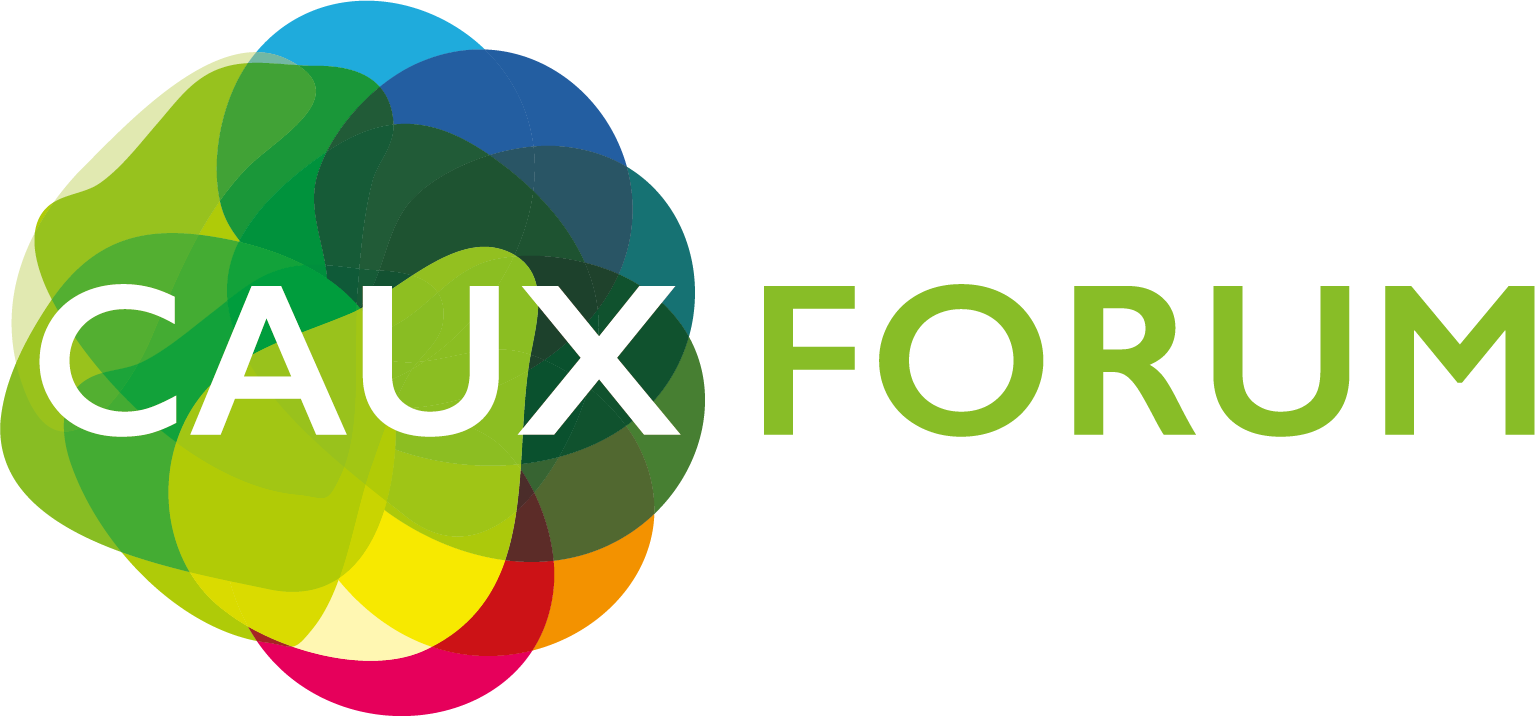
Ethical Leadership in Business 2020 - Programme
programme
Thursday, 25 June
Moderator: Rainer Gude
There are few better places to have meaningful connections and discussions than the terrace of the Caux Palace, with its exceptional view of the Lake Geneva and the Alps. This summer, we cannot gather there.
But we will connect online in the spirit of Caux to meet the world and share a moment together before we start the Ethical Leadership in Business sessions.
Global challenges like the COVID-19 pandemic, climate change and the economic crisis provide us with a chance to be innovative and to adapt the way we live and do business. Sharing experiences and expertise is a big part of leveraging such change.
The Ethical Leadership Roundtable on ’Innovation and Entrepreneurship: building resilience in the economy and society’ will facilitate exchange on small and big innovations and adaptations in such fields as health care, education, work, commerce, payment services, delivery and entertainment.
Speakers
- Dina el-Shenoufy, Chief information officer (CIO), Flat6Labs
- Peace N. Kuteesa, Founder / Chief Operations Officer, Zimba Women
- Darlene Menzies, Chief Executive Officer (CEO), Finfind
Moderator:
- Angelica Kiboro, Acting Principal/Registrar, Strathmore Institute and Entrepreneurship Lecturer/ Kenya
Attendees will learn about:
- general trends in entrepreneurship and start-ups to innovate and adapt to challenging situations
- context specific challenges and opportunities in different countries
- the role of entrepreneurship in bridging the digital divide
Moderator: Rainer Gude
There are few better places to have meaningful connections and discussions than the terrace of the Caux Palace, with its exceptional view of the Lake Geneva and the Alps. This summer, we cannot gather there.
But we will connect online in the spirit of Caux to meet the world and share a moment together before we start the Ethical Leadership in Business sessions.
Quality education and lifelong learning are key elements in building a resilient economy.
Speakers
- Danièle Castle, Digital Switzerland, Senior Director, Education & Talent
- Andrea Kuttner, Credit Suisse, Head Digital Learning
- Nazrene Mannie, GAN GLobal, Executive Director
- Ivan Primachenko, Prometheus, Co-Founder
-
Olga Strietska-Ilina, ILO, Team Leader, Skills Strategies for Future Labour Markets
-
Naureen Nayyar, Technology consultant at H&M Group
Moderation
- Annika Hartmann de Meuron, Managing Director Ethical Leadership for Business
Attendees will learn about:
- examples from business of how lifelong learning has evolved since the pandemic
- the opportunities and risks of workplace learning in formal and informal economies
- the role of education technology in building a resilient economy
Followed by a networking session with speakers and participants
- Inspiring reflections on how to lead in times of crisis and beyond
- Concrete and practical examples of overcoming challenges and seizing opportunities
- New ideas and insights from people of different cultural and professional backgrounds
Friday, 26 June
Moderator: Rainer Gude
There are few better places to have meaningful connections and discussions than the terrace of the Caux Palace, with its exceptional view of the Lake Geneva and the Alps. This summer, we cannot gather there.
But we will connect online in the spirit of Caux to meet the world and share a moment together before we start the Ethical Leadership in Business sessions.
At a time of unprecedented crisis, business leaders have to make prompt decisions, based on a limited amount of information. Simultaneously they need to anticipate future opportunities to increase business sustainability. At times of crisis and uncertainty, it is important to reassure employees and customers – and this requires empathy, compassion and trustbuilding. At the same time, leaders need to protect business performance.
Speakers
- Vivek Asrani, Kaymo Fastener Company, Managing Director
- Kristin Engvig, Global WIN&WIND Conference, Founder & CEO
- Brendan Kelly, Credit Suisse, Global Head of Leadership & Professional Development
- Isabella Phoenix, HP Global Channel Senior Manager and Co-Founder of Architects of Air
- Guillaume Taylor, Quadia, Founder
Moderation
- Sarah Schwab, The Experience Accelerator, CEO
Followed by a networking session with speakers and participants
- Inspiring reflections on how to lead in times of crisis and beyond
- Concrete and practical examples of overcoming challenges and seizing opportunities
- New ideas and insights from people of different cultural and professional backgrounds
Moderator: Rainer Gude
There are few better places to have meaningful connections and discussions than the terrace of the Caux Palace, with its exceptional view of the Lake Geneva and the Alps. This summer, we cannot gather there.
But we will connect online in the spirit of Caux to meet the world and share a moment together before we start the Ethical Leadership in Business sessions.
What is my role in shaping our future? How can I take leadership for change in my community? What special role do companies and entrepreneurs have?
The Leadership in the Community workshop offers a place to explore how we can become the change we want to see in the world. As there are no pre-existing recipes, this workshop aims to help each participant define their own way of engagement and leadership.
It will focus on:
- In the context of the pandemic crisis, how do we create the right conditions for change?
- How do we help to move the narrative in the community?
- What role do I want to play?
Leader
- Gabriele Segre, Director of the Vittorio Dan Segre Foundation, will guide you through a conversation and time of introspection in a safe space, where there will be no live streaming or social media sharing.
Please note that this programme is subject to change.
NB: Please note that for technical reasons the Caux Forum Online will be held mainly in English with some sessions in French. No interpretation will be offered. Thank you for your understanding.
